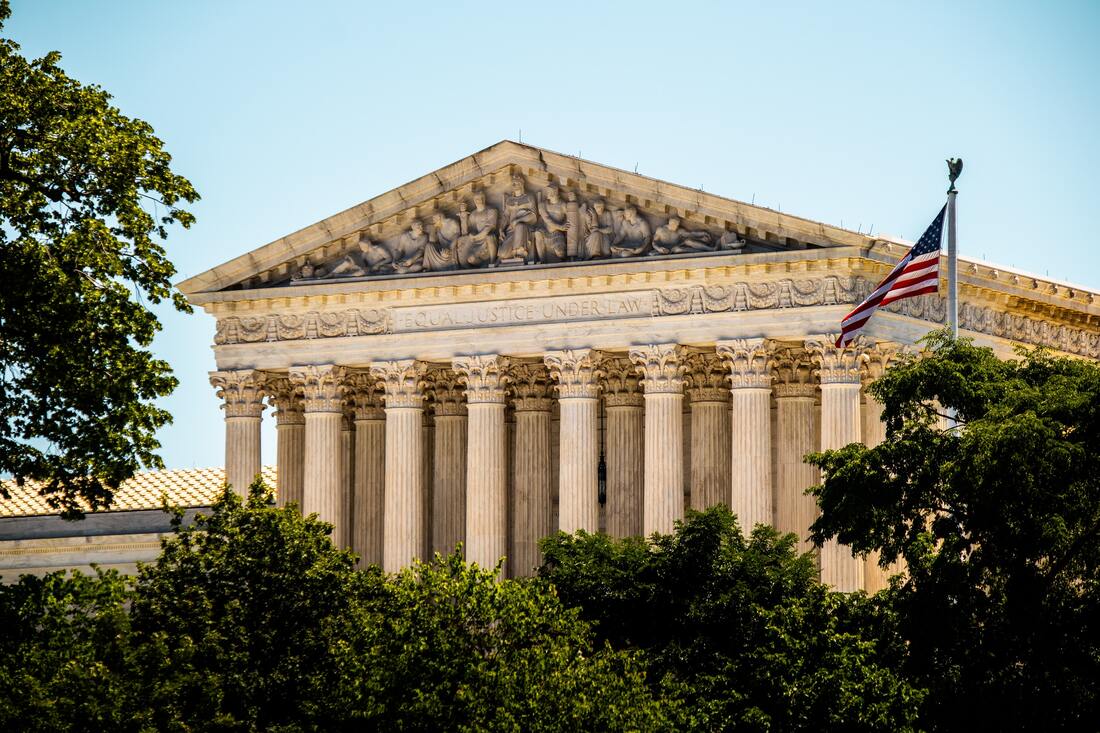Civil Libertarians Vow to Reform Section 702The U.S. Supreme Court today declined to hear Wikimedia v. NSA, a lawsuit challenging the mass, secret surveillance of Americans’ online communications.
The ACLU had gone to court to challenge a National Security Agency program under the Foreign Intelligence Surveillance Act (FISA), which the agency uses to continuously monitor international and domestic communications across the internet’s main pathways. “In analog terms, it’s as if government agents were opening the international letters passing through a U.S. post office en masse, reading the contents, and then keeping many of those letters in a file for years,” wrote Bob Goodlatte, PPSA Senior Policy Advisor and former Chairman of the House Judiciary Committee, in a recent op-ed. Goodlatte compared this intrusion by the government into American’s emails, web-browsing content, and search engine queries to the “general warrants” of the colonial era that had helped spark the American Revolution. “Worse, the government asserts that this case cannot even be litigated,” said Gene Schaerr, PPSA general counsel. “Under the government’s interpretation of the ‘state secrets’ doctrine, major surveillance programs of the government can never be litigated. “This denial shows all the more reason why Congress needs to step in and use the pending reauthorization of Section 702 – a principal surveillance authority in FISA – to close loopholes the government is exploiting.” Court Sets Sept. 15 for Oral Arguments in Appeal Oral arguments in a federal lawsuit against six government agencies over their stonewalling about “unmasking” and surveillance of the 2016 presidential campaign and transition has been set for September 15.
The general counsel of the Project for Privacy and Surveillance Accountability had filed the appeal in January before the U.S. Court of Appeals for the D.C. Circuit. The lawsuit is challenging the refusal of the agencies to respond to its Freedom of Information Act (FOIA) requests seeking information on the surveillance of campaign and transition officials in the 2016 election. The FOIA requests filed with the Department of Justice, the FBI, CIA, National Security Agency, Department of State and the Office of the Director of National Intelligence sought records regarding the unmasking and “upstreaming,” or the interception of internet communications, of people, including Members of Congress, who were affiliated with the Trump campaign and transition. The agencies responded by issuing “Glomar” responses that refuse to confirm or deny the existence of such records. Gene Schaerr, PPSA general counsel, who filed the appeal, said: “We ask the court to understand that judicial doctrine is being distorted into a cover-up of alarming misbehavior by the U.S. intelligence community. Americans deserve to know if our government has used its sweeping surveillance authority under the Foreign Intelligence Surveillance Act as a political weapon wielded against the campaign and presidential transition team of an opposing party. “However you feel about the candidate in question, Donald Trump, what was done to him in 2016 can be done by an administration of either party in a future election,” Schaerr said. |
Categories
All
|



 RSS Feed
RSS Feed